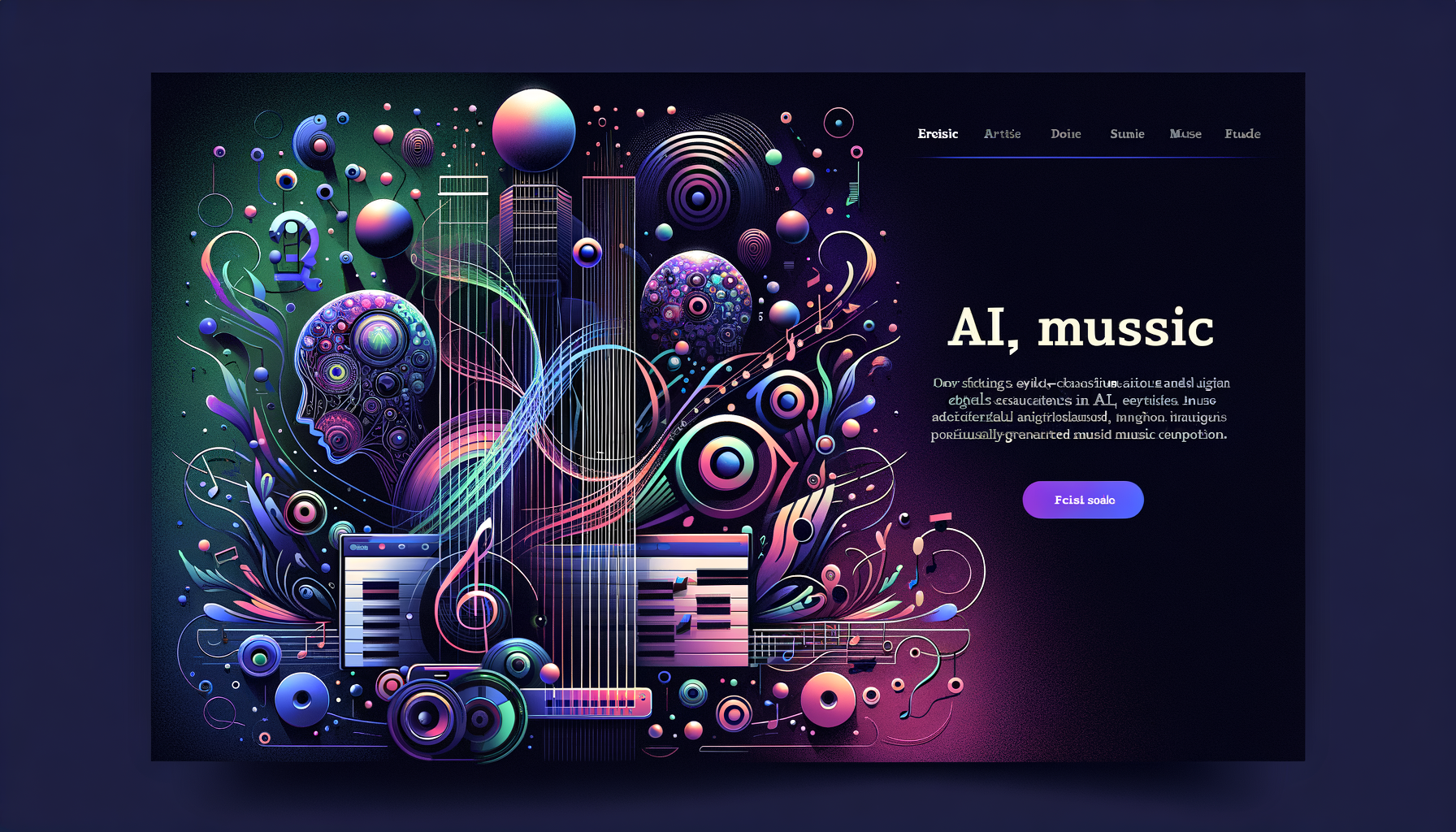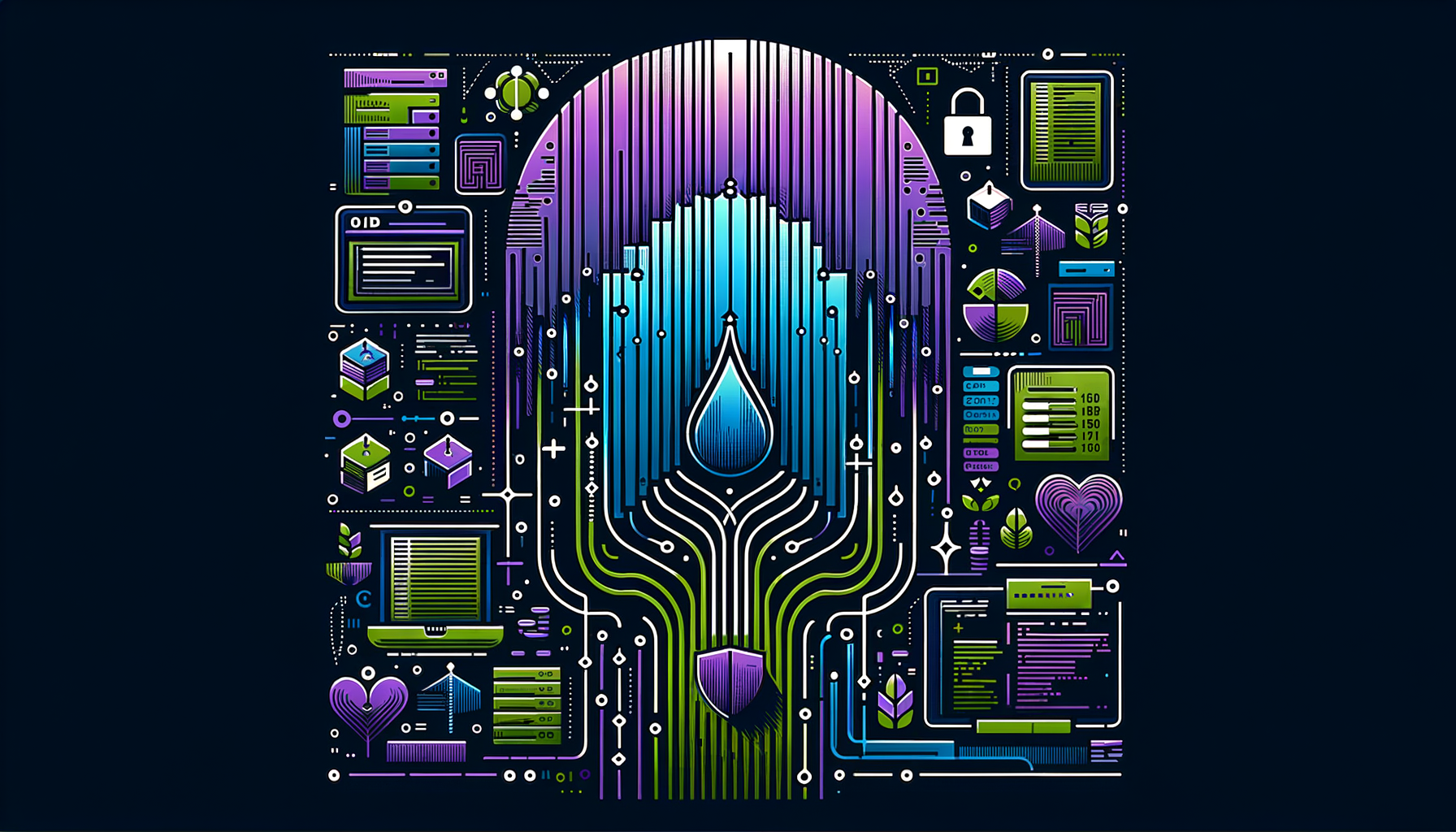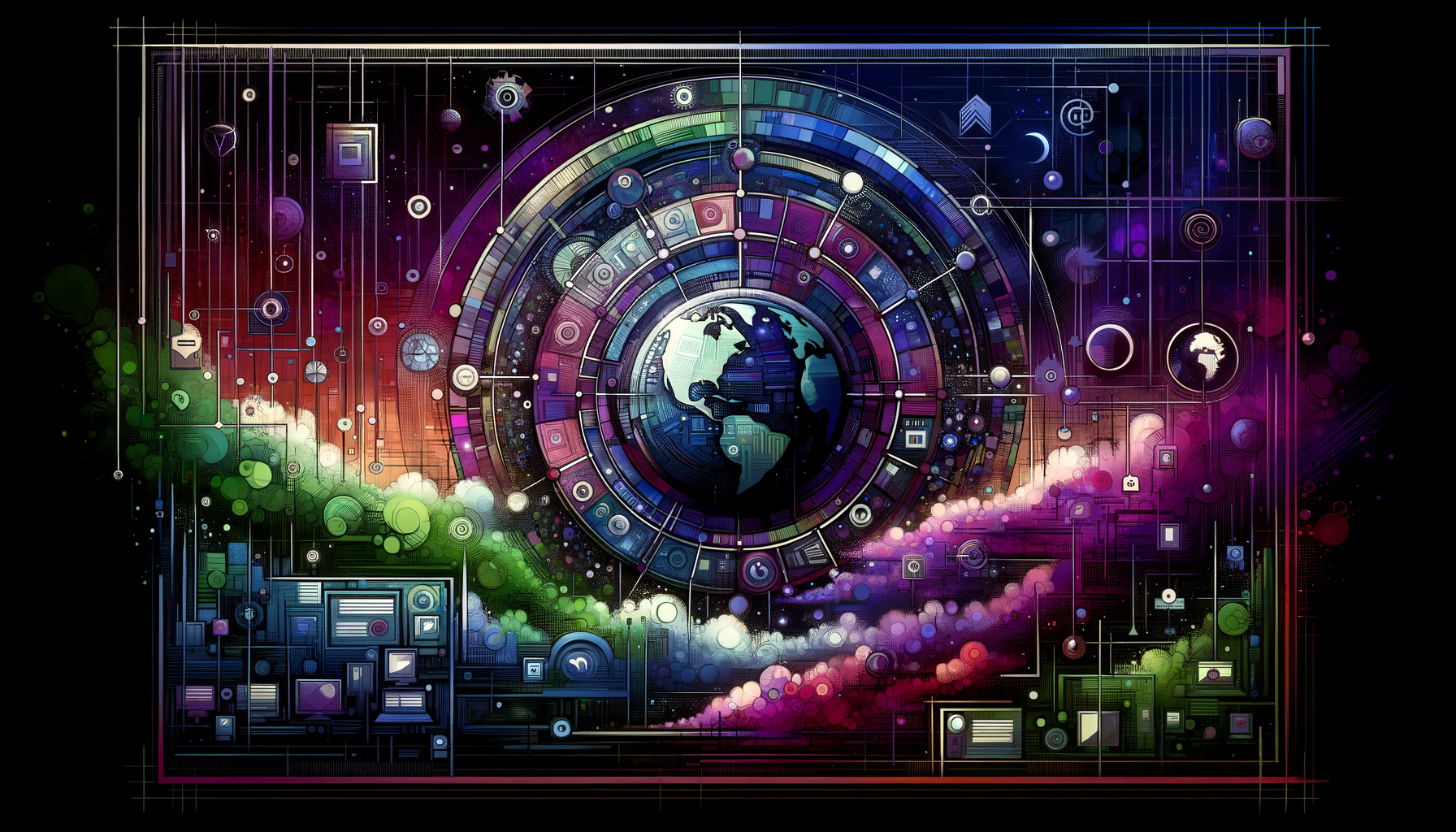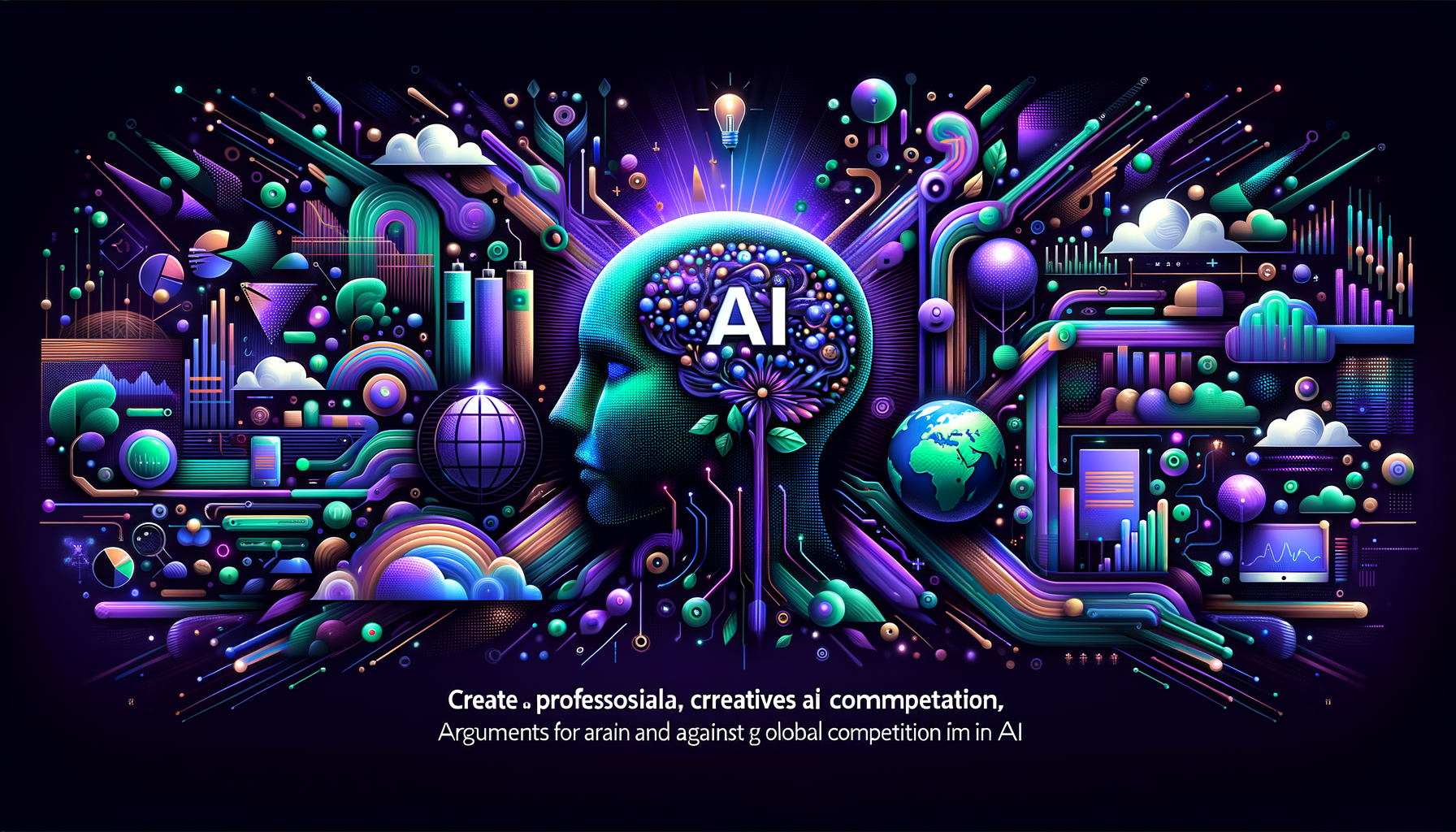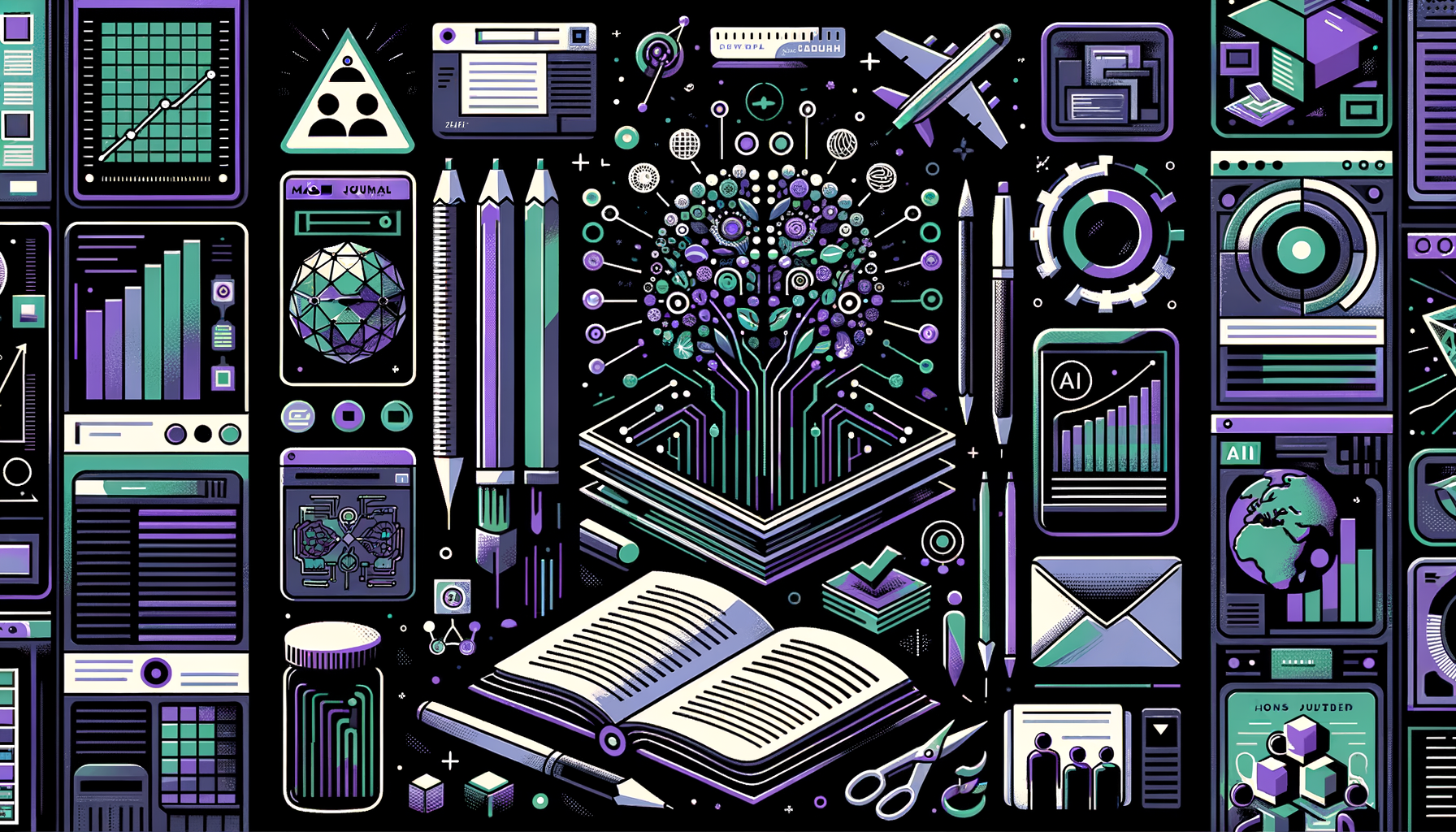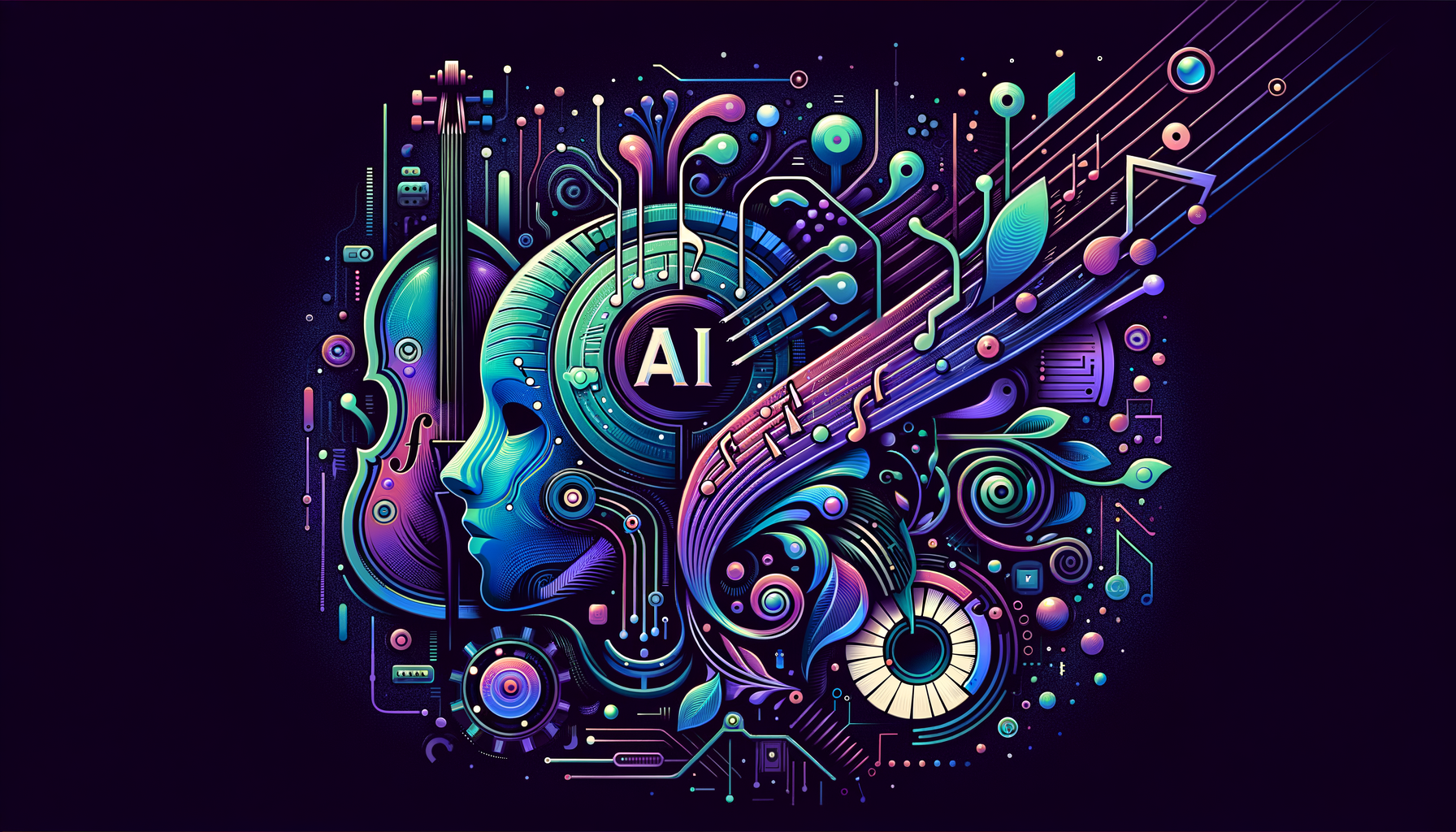The Ethical AI Music Generator: A New Frontier or a Missed Note?
In the ever-evolving landscape of technology, artificial intelligence (AI) continues to make significant strides, extending its reach into various industries. One such advancement that has recently garnered attention is the development of ethical AI music generators. However, as highlighted in a recent Wired article, the promise of these AI systems often falls short when it’s time to deliver a high-quality musical piece. This article delves into the intricacies of ethical AI music generators, analyzing their potential, limitations, and the broader implications for sectors such as entertainment and technology.
Understanding Ethical AI Music Generators
Ethical AI music generators are designed to create music while adhering to ethical guidelines that prevent misuse and ensure responsible deployment. They aim to produce compositions that are original, avoid copyright infringement, and respect cultural contexts. The core idea is to harness AI capabilities to facilitate creative processes without compromising ethical standards.
How Do Ethical AI Music Generators Work?
At their heart, these AI systems use machine learning algorithms trained on vast datasets of existing music. They analyze patterns, harmonies, rhythms, and various musical elements to generate new compositions. The ethical aspect comes into play by ensuring that the AI adheres to predefined ethical guidelines during this process. This includes respecting intellectual property, avoiding cultural appropriation, and not producing controversial content.
Challenges in Creating Quality Music
Despite the noble goals, ethical AI music generators face significant challenges in producing compositions that resonate with human listeners. According to the Wired article, one major drawback is that these systems often fail to create songs with emotional depth or artistic value. This shortfall is attributed to the current limitations of AI in understanding and replicating the nuanced human emotion that is central to music creation.
Contrasting Perspectives on AI-Created Music
The reception of AI-generated music is mixed. On one hand, proponents argue that AI can revolutionize the music industry by reducing production time and costs, potentially democratizing music creation. On the other hand, critics highlight the lack of authenticity and emotional connection in AI-composed pieces. For instance, a study by OpenAI demonstrated that while AI-generated music could mimic certain aspects of human compositions, it still lacked the intricate emotive qualities that make music truly impactful.
Successes in AI Music Generation
There have been notable successes in the realm of AI music composition. Tools like Amper Music and AIVA (Artificial Intelligence Virtual Artist) have shown that AI can assist in creating background scores for videos, games, and advertisements. These applications, while not requiring deep emotional engagement, benefit from the rapid production capabilities of AI.
Persistent Limitations
Despite these successes, the broader scope of creating emotionally engaging and artistically profound music remains a challenge. A BBC article on AI in music revealed that audiences still overwhelmingly prefer human-made music over AI-generated compositions when it comes to emotional connection and artistic expression.
The Ethical Dimensions of AI Music Generators
Ethics in AI is a critical concern, particularly in creative industries. Ensuring that AI systems adhere to ethical guidelines involves multiple layers of complexity. For instance, avoiding copyright infringement means that AI must be able to recognize and differentiate between original and copied material, which is a technologically daunting task.
Intellectual Property and Copyright Issues
One of the primary ethical concerns is intellectual property. AI music generators must be trained on music datasets without infringing on existing copyrights. This requires sophisticated algorithms capable of distinguishing between inspiration and plagiarism. Moreover, creators are wary of AI systems potentially devaluing human artistry by flooding the market with auto-generated content.
Cultural Sensitivity and Appropriation
Another significant ethical consideration is cultural sensitivity. AI systems need to be programmed to avoid cultural appropriation by understanding the cultural context of the music they are generating. This involves a deep integration of cultural nuances into the AI’s training data, which is inherently complex and sensitive.
Ensuring Ethical Compliance
Frameworks and guidelines are essential to ensure the ethical deployment of AI in music generation. Organizations like the European Union have established regulations and ethical guidelines to govern AI development, emphasizing the need for transparency, accountability, and human-centric values. This complements efforts by companies to deploy ethical AI in ways that respect cultural and intellectual property rights.
Practical Applications and Future Prospects
While the current state of ethical AI music generators presents challenges, there are numerous potential applications and future prospects worth exploring. For businesses and individual creators, these tools can serve as valuable aids rather than replacements.
Applications in Different Industries
- Advertisement and Marketing: AI-generated music can quickly produce background scores tailored to specific campaigns, offering cost-effective solutions for advertisers.
- Film and Gaming: Background scores for films and games can benefit from AI’s ability to generate thematic music that aligns with the narrative.
- Therapeutic Uses: AI-generated music can be adapted for therapeutic environments, including music therapy, offering personalized compositions to support mental health.
The Role of Human-AI Collaboration
Future advancements in AI could greatly benefit from a hybrid approach, where human creativity and AI efficiency work in tandem. This collaborative model can harness the strengths of both, allowing musicians to maintain artistic integrity while leveraging AI for repetitive or complex compositional tasks.
Investments and Innovations
For companies and developers, investing in ethical AI music generators represents a step towards balancing technological innovation with ethical responsibility. As technological capabilities advance, the integration of nuanced understanding and emotional depth in AI-generated music will improve, potentially leading to broader acceptance and utilization.
Conclusion
Ethical AI music generators encapsulate both the promise and the pitfalls of AI in creative industries. While they offer significant advantages in terms of efficiency and cost reduction, the challenge of producing emotionally impactful music remains. As AI technology continues to evolve, it is imperative to focus on ethical guidelines, ensuring that innovations respect intellectual property and cultural contexts.
For organizations and individuals interested in leveraging AI’s potential, embracing a hybrid approach that combines human artistry with AI’s capabilities could be the key to unlocking new creative possibilities. Explore our services for more insights into how AI and technology can transform your business. To learn more or discuss potential collaborations, feel free to contact us.
As we navigate this rapidly changing landscape, the integration of ethical considerations with cutting-edge technology will play a crucial role in shaping the future of AI in music and beyond. Let’s ensure that as AI continues to innovate, it does so in a manner that is responsible, respectful, and enriching for all.
